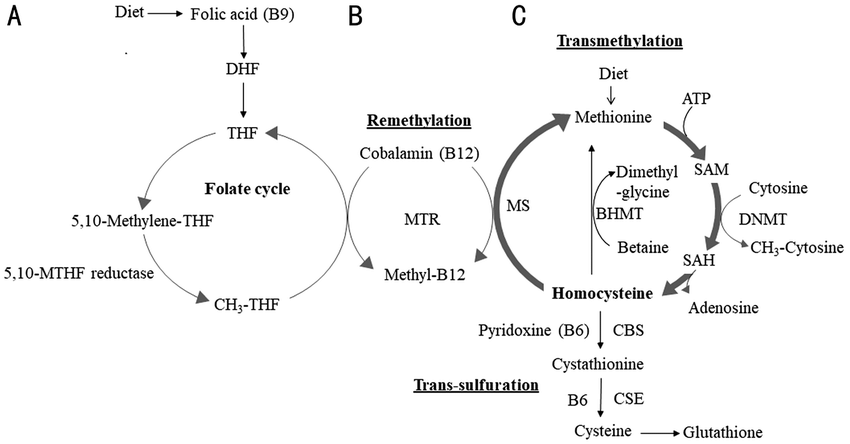

N. Neta wrote:
My top 3 recommendations for healthy eating:
1. No sugar
2. No processed food
3. Intermittent fasting (we eat breakfast and lunch within a 6 hour window, and fast for 18 hours until next breakfast).

Robert Lemair wrote:Anything with a high sodium level
Mark Brunnr wrote:I think we are dealing with being "consumers in a marketing society" far more than as "citizens in a healthy society" these days. Very good point about nutrient deficiencies leading to cravings, and too often we reach for the sweet/salty/fatty items that are constantly pushed at us. Our brains push the endless ads/commercials/billboards to our periphery but it still sees the messages. Our brains are smart enough to know which foods that we eat have nutrients we are lacking. I wonder if it then picks from a list of foods, and all those ads are the last thing our distracted brain recalls?
Yeah I completely agree, and by taking a pill with no taste we shortcircuit instinctive body regulation mechanisms that are designed to identify and seek vitamins that we are short of in order to keep us properly nourished.Mark Brunnr wrote:
Sadly taking a multivitamin in pill form without chewing short-circuits our brains ability to properly digest it. Chewing/tasting provides our brain with early signals that allows it to start producing the digestive enzymes needed to break down and absorb the nutrients we eat. While our stomach will dissolve the vitamin, I wonder if there's enough time after that for the various vitamins and minerals to be bound and fully absorbed when our body doesn't know what we just swallowed?



Rebecca Marcella wrote:sometimes it's just an uphill battle to get ENOUGH food and energy into my body let alone the RIGHT food.
I am so frustrated by a system that is not evolved for someone like me. I have a hunter gatherer's brain. I like to meander, pick things up, talk, move around and spend as minimal time as possible being a "productive member of society". I wish I could go back in time and keep some of the aspects of modern life like medicine while keeping the aspects of indigenous societies that we evolved for like walking, gathering, tight knit social communties, and real fucking food.




Anne Miller wrote:Are there foods or herbs that help with swollen feet? My ankles do not appear to be swollen just my feet and not the toe area, either. This has been going on for about a month and some days it is better.
I have been trying for the last year to drink as much water as possible. I know I drink at least 64 oz, plus more since I add ice. I am sure this is probably not enough water though I am doing the best I can. Sometimes I get so sick of water ...
